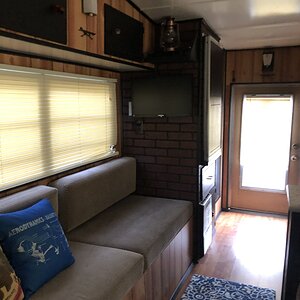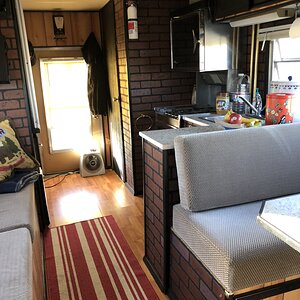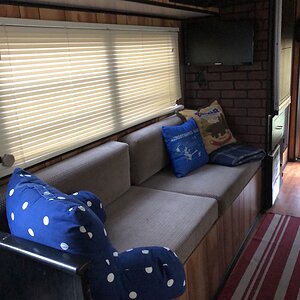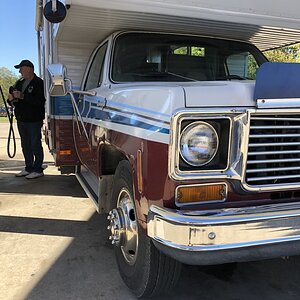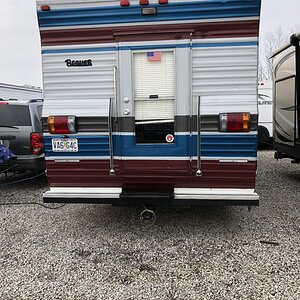Al_Bear
RVF Regular
- Joined
- Jan 3, 2021
- Messages
- 12
- Location
- Windsor, California
- RV Year
- 2007
- RV Make
- Komfort
- RV Model
- 212T
- RV Length
- 21
- TOW/TOAD
- 20
- Fulltimer
- No
[NOTE: I also posted this thread under Toy Haulers, TravlelTrailers, etc./Tow Vehicles. Why are there two Tow Vehicles forums on this site? It seems to me that this one, under Motorhomes, should only consider vehicles to be towed by a Motorhome, and it should not be called "Tow Vehicles" but rather "Vehicles to be towed" or "Dolly towing" or whatever. I add this comment just so you all know that I'm not posting this in two places for no good reason.]
Here's a quote from TrailerSafetyWeek.com: "Do not use a tow vehicle with a max tow rating of less than the GVWR of your trailer".
Does anybody know if this is a guideline or a requirement? I searched the California DMV website and couldn't find it there. Is it something required by insurance companies? I'm going to call mine (AAA) about this after the holiday.
Our new-to-us TT has a dry weight of 4520 and we don't bring along any heavy toys. Based on my experience with our prior trailers, I estimate a total TT real-world weight of 4800 for trips without fresh water, or 5200 in the unlikely event that we do carry fresh water. In either case, we will be well under the 7000 max tow of the our 2019 Colorado. (And yes, for those who know that "max tow" is just an approximation, or maybe just marketing b.s., the Colorado will be about 300 lbs. under max payload/GVWR, even with full fresh water in the TT, which brings the actual measured tongue weight to 620.)
The problem is that the TT sticker shows 7400 as the trailer GVWR.
So, if the quote is just a guideline, I would be inclined to ignore it. If it's a regulation, that's something else. We love the trailer--so we would have to get a bigger TV.
Here's a quote from TrailerSafetyWeek.com: "Do not use a tow vehicle with a max tow rating of less than the GVWR of your trailer".
Does anybody know if this is a guideline or a requirement? I searched the California DMV website and couldn't find it there. Is it something required by insurance companies? I'm going to call mine (AAA) about this after the holiday.
Our new-to-us TT has a dry weight of 4520 and we don't bring along any heavy toys. Based on my experience with our prior trailers, I estimate a total TT real-world weight of 4800 for trips without fresh water, or 5200 in the unlikely event that we do carry fresh water. In either case, we will be well under the 7000 max tow of the our 2019 Colorado. (And yes, for those who know that "max tow" is just an approximation, or maybe just marketing b.s., the Colorado will be about 300 lbs. under max payload/GVWR, even with full fresh water in the TT, which brings the actual measured tongue weight to 620.)
The problem is that the TT sticker shows 7400 as the trailer GVWR.
So, if the quote is just a guideline, I would be inclined to ignore it. If it's a regulation, that's something else. We love the trailer--so we would have to get a bigger TV.
Last edited:



